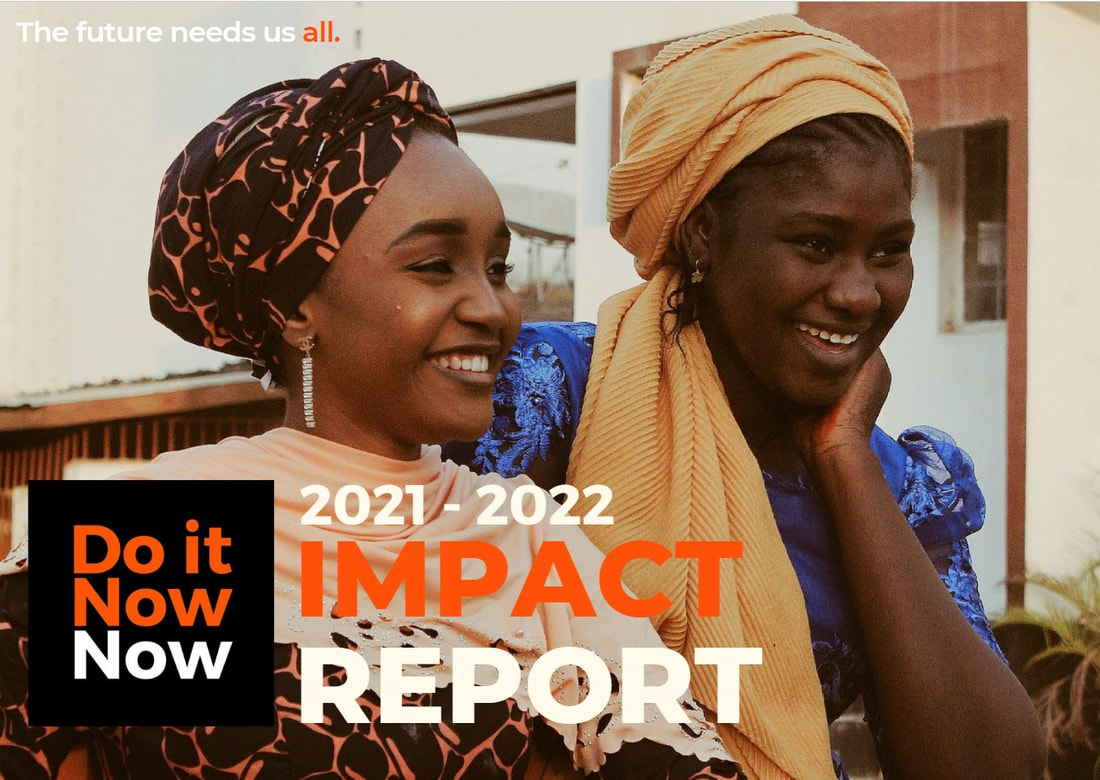|
As we strive for a more inclusive and equitable society, it is paramount to acknowledge the historical challenges Black-led organisations face in the UK concerning restricted funding in the charity sector. Despite their crucial role in advancing social change and addressing systemic inequalities, these organisations have encountered numerous barriers rooted in historical biases. This blog post will delve into these biases, shedding light on some obstacles and issues that must be addressed to foster a more diverse, empowered and impactful future.
1 Comment
We recently released our report on the cost of living crisis, A Desert without Resources, thanks to the kind CSEs who responded to our survey in April. The report is a sobering look at the current sentiments held by UK-based Black-led charities and social enterprises (CSEs) and the projections for coping with the crisis.
The charity landscape constantly evolves, driven by societal changes, technological advancements, and shifting donor expectations. Here’s a look at the key trends we've seen continuously shaping the charitable sector throughout 2023.
Climate, Health and Community Fund helps organisations in South London address climate change30/6/2023 We are pleased to announce that Do It Now Now, in collaboration with Impact on Urban Health, are supporting 17 organisations with grant funding and additional support needs as part of the Climate, Health and Community Fund.
The awarded organisations are Black and Brown-led, based in Lambeth or Southwark, and are addressing the climate crisis and its effects on the environment and health. Using the support from Do It Now Now, grantees will build on existing interventions and work with their communities to ensure the conversation around climate change leaves no one behind. Do it Now Now centres our community's lived experience. In light of the current cost of living crisis, we took the opportunity to ask this community to give us insight into their current struggles. We have compiled the data and are able to share with you today.
93 organisations, all of which are Black-led and either a charity or social enterprise, generously took the time to complete a recent survey. This report seeks to provide relevant research so that appropriate action can be taken to address the urgency of this crisis. Every two years, we release an impact report that details the work and programmes of Do it Now Now across all of its initiatives, including Common Call.
We are proud to release our 2021 - 2022 Impact Report, which details our work and programmes as well as a collection of thoughtful articles on the meaning and methods of why and how we serve our community. Research conducted for the Law Family Commission on Civil Society by Pro Bono Economics in January 2023 has identified the changes and initiatives needed to increase productivity and unlock the full potential of the UK's charity sector.
While the report found that the sector was highly innovative and creative, the research shows that there is room for significant improvements within the use and adoption of technological improvements, with 39% of charities actively using or planning to use artificial intelligence compared to 69% across the economy. The report found that 60% of charities have implemented and actively track key performance indicators (KPIs), with this number dropping to 51% for smaller organisations. This finding, coupled with the finding that 19% of small charities should have invested in the training of staff and volunteers in the year reviewed, led the commission to identify persistent skill gaps and issues with consistent leadership and underinvestment as obstacles to progress. In March of 2023, the Institute for Voluntary Action Research (IVAR) released a review of the importance of providing support through unrestricted funding. With their work focused on strengthening communities across the UK through action research, Evidence Review: Why Restrict Grants? investigates the hard-to-ignore benefits of removing the rigid restrictions on the use of funds for charities, foundations and public agencies. Through the exploration of common obstacles facing the twelve organisations included in the review, IVAR has highlighted the hard-to-ignore benefits of unrestricted funding and has drawn the following conclusions.
At Common Call, we understand that Black-led organisations work twice as hard to receive funding. We understand that in the United Kingdom more often than not the funding received is markedly less than their white-led counterparts, but is this truth universal? We take a look at the state of funding for Black-led organisations in the United States and ask whether we can learn from our differences and similarities.
A 2020 study run by Funding Green and the Bridgespan group, looked at 140 non-profit organisations run in the United States and found that white-led organisations had budgets that were 24% larger than those led by Black people. When looking at donations made to be used for any purpose the organisations saw fit, these unrestricted donations were 76% smaller when offered to Black-led organisations than those offered to their white-led counterparts. Through the research conducted in the study, the answer to why these disparities were occurring was largely due to the difference in donations based on connections between Black-led and white-led organisations, stating that Black-led organisations traditionally have fewer relationships with influential organisations and people, making it more difficult to break into the community as new leaders often lack the ability and experience to forge relationships with potential funders. Centre for London's 2022 report In London and For London: Impact investing for the capital highlighted the ways in which this form of intentional investing can do more to address key challenges facing London and its people. The report highlights the potential that impact investing has to help tackle poverty and inequality in the UK, particularly for the Black community which often faces exclusion from mainstream finance.
Impact investing is defined as the process of directing investments into companies, organisations, and funds with the intention of generating a financial return alongside positive, measurable social impact. This form of investment creates a mutually beneficial financial ecosystem for both investors and the communities themselves. Based on the report findings, impact investing is a step towards providing opportunities to invest in solutions to social and environmental challenges by closing the gap between what traditional finance is able to provide and the resources, skills and tools needed to tackle inequality. |
THIS WEBSITE IS NOW RUN THROUGH OUR DO IT NOW NOW WEBSITE. TO ENSURE YOU DON'T MISS OUT ON PROGRAMMES AND UPDATES, PLEASE VISIT THE DINN WEBSITE AND SIGNUP TO THE DINN NEWSLETTER.
Sign up to our monthly newsletter where we share opportunities and news about our community. |
Cookie Policy
|










